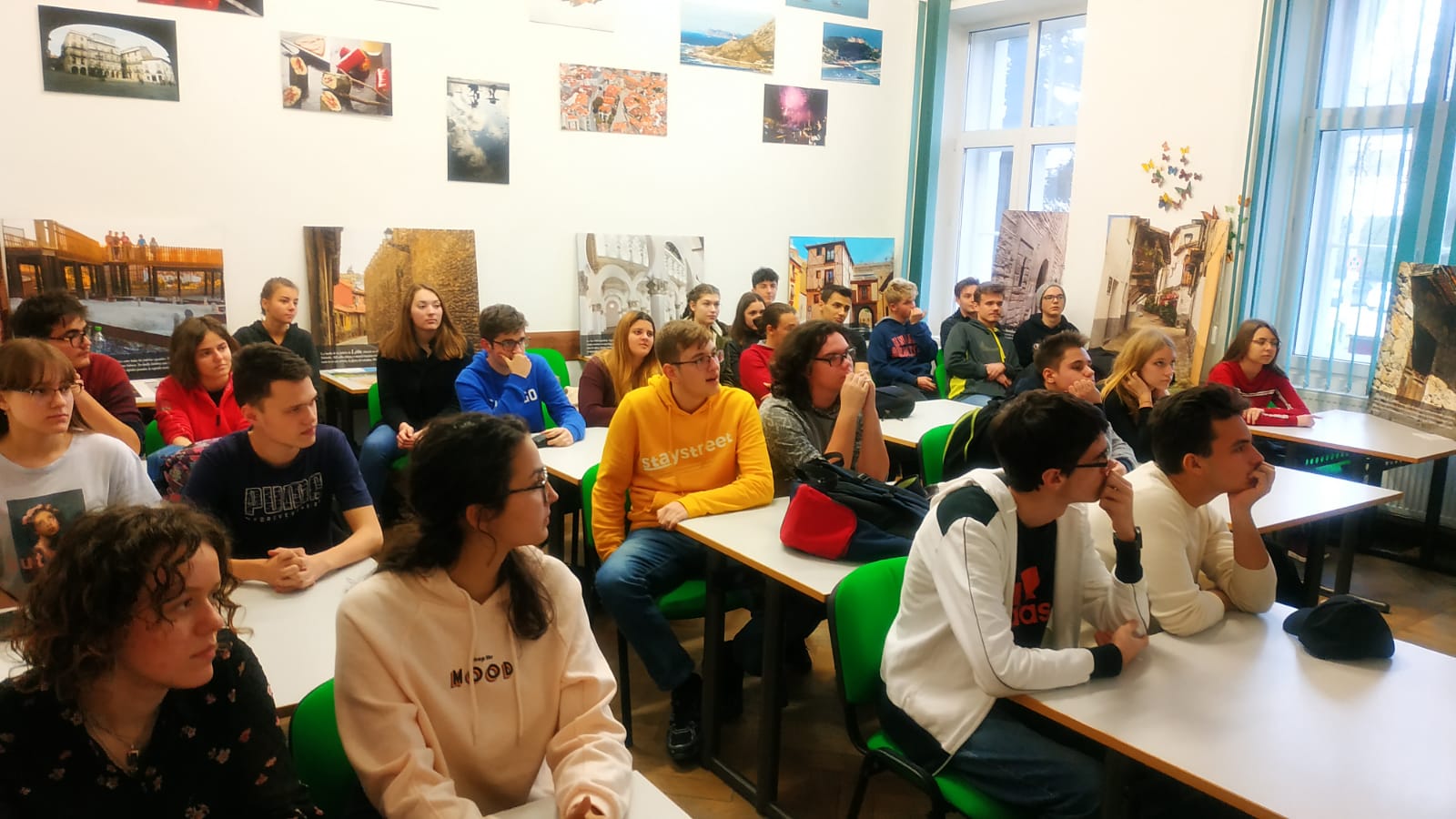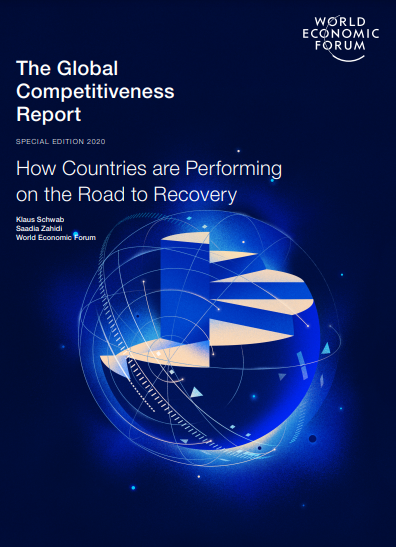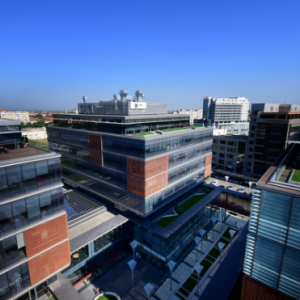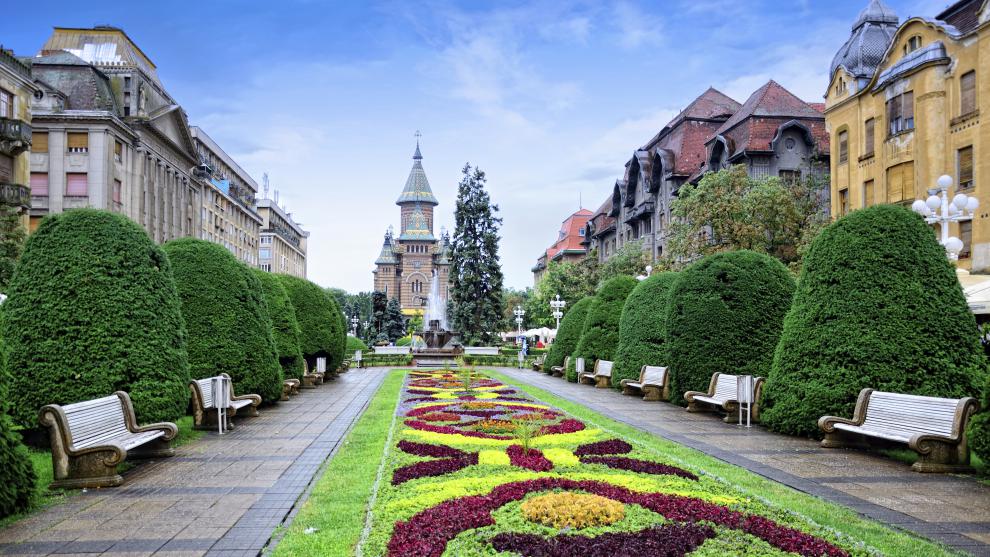
We have heard it many times already: The pandemic has accelerated the ongoing changes in our societies. The trends were already visible before COVID-19, but the events that happened during this last year and a half have represented a strong push forward.
The presence of technology in our daily lives, habits, way of interacting, way of doing business, and the nature of companies themselves, all has been strongly hit.
The yearly report of the World Economic Forum for the Global Competitiveness Index 2020 reflects this reality. This year’s analysis is not the ranking of 140 nations that we were used to seeing. Instead, it is a guideline of the steps that governments should take to grow their countries’ competitiveness in the future, under the laws dictated by this new framework.

The acceleration of change will be brutal to assume by many countries, regions, companies, and individuals. Unfortunately, there are two roads and no way back. Those who perceive the need for change and adopt it successfully will move forward; gain weight in their national and international frame, and compete. The rest, those incapable or unwilling to see the need for evolution, will be condemned to lose any significant future role, to reduce their population, to diminish their economic weight, and, in the end, they will become appendixes of the first.
Each of us, individuals, companies, cities, regions, countries, will decide where we want to be: on the winning side or the losing side.
I am aware that individuals might have very different and legitimate options: what might be a success for one could be utterly uninteresting for the other. Some people believe that they are successful when they fulfil all material needs, while others pay little attention to money and prefer spiritual values and simple lives. I highly value and respect individual liberty, which should be at the base of our societies. Once this said, public administrations need to be aware of the direction that the world is taking and provide their societies with the possibility of being competitive at the highest possible level. Individuals die, communities stay. To achieve permanence, they need to focus on long term competitiveness. It is a matter of their survival.
The process has already started. To many people, it is not visible yet, as the results are not immediate, but the wheel is turning.
The recommendations of the WEF to develop a country’s competitiveness are listed and explained in the report. I pass to enumerate them here in the four following categories:

- Enabling environment (Creating a suitable environment for growth):
– Improve Long Term thinking within governments.
– Update utilities and infrastructures.
– Reduce the digital divide between individuals and firms.
– Ensure that public institutions embed strong governance principles.
– Accelerate the energy transition to green sources.
– Broaden internet access.
– Shift to progressive taxation.

2. Human capital
– Manage a gradual transition from past to new labour market opportunities.
– Reskill and upskill workers in emergency skills.
– Expand health systems to manage current and future needs.
– Update educational curricula and invest in the jobs needed for the markets of tomorrow.
– Rethink labour laws for the new economy.
– Use new talent management technologies to adapt to new workforce needs.
– Expand eldercare, childcare and healthcare infrastructure and innovation.

3. Markets
– Ensure stable financial markets.
– Balance support to firms. Avoid keeping “zombie firms” in the system.
– Create incentives for firms to engage in sustainable and inclusive practices.
– Set the foundations for local prosperity and strategic resilience in supply chains.
– Incentivize long-term investments, strengthen stability and expand inclusion.
– Ensure market access, both locally and internationally.
– Facilitate the creation of “markets of tomorrow” in public-private joint ventures.

4. Innovation ecosystems
– Expand public investment in R&D.
– Incentivize private investment in R&D.
– Incentivize firms to embrace diversity, equity and inclusion to enhance creativity.
I agree with all of them with one possible exception: the progressive taxation mentioned in the first point should look for a general reduction of fiscal pressure. Public administrations need to be more effective in the uses of the taxes that they collect. The private sector creates the wealth that the public sector will tax. Taxes mustn’t impact in excess individuals’ and firms’ capacity to create wealth.

The next five guidelines can summarize the list above:
– Assure effective and honest public administrations.
– Build on long term planning.
– Develop the “markets of tomorrow” – avoid zombie areas.
– Invest in R&D.
– Embrace diversity.
In their yearly Competitiveness Index, the WEF monitors around 140 variables to establish the ranking. All of them could find their sense in one of the above. More now, after Covid-19, when we are even more aware of sharing one world with the same problems.
There is, of course, the opposite risk: individuals, companies, cities, regions and countries could think that they need to close their borders to isolate themselves from external dangers and influences. It would be a wrong move as autarchy is not an option anymore. Globalization is too deeply rooted in our societies. Nationalism and populism provide straightforward responses to reality by dividing society between good and evil. Dividing is not a desirable strategy to become competitive. To grow wealth, we need joint effort and directions.

Does this mean that a global identity should replace local cultures and differences? No, diversity is critical for progress, while uniformity leads to mediocrity. We need to protect our cultures and enhance diversity. Different approaches to life are a motor for wealth. This is what GLOCAL means, think global, act local and respect all.
I am fully aware that it is difficult for politicians in democratic countries to cooperate with political adversaries. Of course, every party needs to have explicit ideologies and proposals to attract voters. But the future viability of a nation should be spared from the political game. The well-being of all society is at stake.
We are going to live in new times, times of challenge. We will need to change our views, considering globalism to develop localism. To keep competitive in the future.





